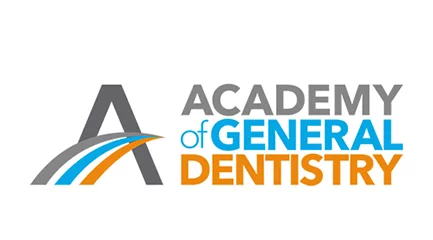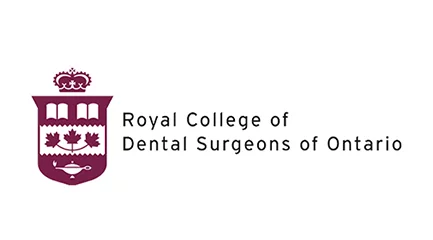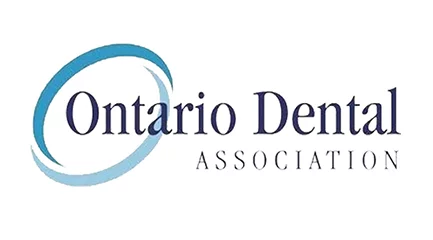Ingersoll dentists claim that sometimes we fail to save our natural teeth despite all efforts, affecting adjacent teeth and resulting in a displeasing smile. Additionally, this inappropriate structure of the teeth reduces confidence in speaking in front of a crowd.
Thankfully, modern-day dentistry has the solution to your problem of missing teeth. Dental implants replace natural teeth but look and feel just like real teeth. Implants offer several benefits to their users, including improved mouth structure, easier eating, improved self-esteem, etc.
However, they are not for everyone; according to the experts, you have to fall in the eligibility criteria for implants mentioned below. Before going further, let us find out more about what a tooth implant is.
WHAT ARE DENTAL IMPLANTS?
A dental implant replaces the natural tooth in a fabricated root embedded in the jawbone to which a tooth replacement is attached. The root is prepared using titanium, which is considered a durable material. Expert dentists claim dental implants are popularised because of their versatility and strength. However, as mentioned above, implants are not universal, and they are applied after considering some factors.
JAWBONE HEALTH
Bone density and gum health are crucial for the success of a dental implant. The root of the dental plant combines with the jawbone to remain in place. The process is known as osseointegration, which might fail if the jawbone is not healthy enough to hold the implant. However, dentists can overcome this problem by performing another process known as bone grafting.
Gum tissues offer additional support and protect the implant roots. Often, a patient’s gum tissues are not in an inappropriate position for implant procedures. This happens because of gum degradation, a clear indicator of periodontal diseases.
AGE AND FACIAL GROWTH
Implants need a solid foundation to stay; change in the jaw structure can create problems. Therefore, experienced dentists deny performing this process on a child until the age of 18. However, some dentists evaluate the case and insert an implant after examining jaw development. Adults however, are lucky as there is no age limit for tooth implants. Therefore, if an adult exceeds 50 but still has a healthy jawbone, he can opt for a dental implant.
MEDICATIONS
Researchers have suggested that people should consult a health expert before going for any oral procedure if they are using medicines. In short, you should know if your medicines could interfere with local anesthesia, which is given before the implant procedure or any other process.
However, expert dentists have suggested some general precautions to reduce the risk of complexities during medical procedures. For example, an individual should not use aspirin or pain relievers 7 days before the process to limit excessive bleeding.
Additionally, share all information with medical experts regarding the medicines you are using. This information disclosure will assist the dentist in giving you accurate details about the procedure. For example, if you need painkillers leading to the surgery, you might use acetaminophen.
OTHER RISKS
Apart from the factors mentioned above, some other factors can also cause problems during implant surgery. Excessive alcohol consumption and tobacco use reduce the quick healing process of bone tissue and gums. Additionally, tobacco use and smoking can lead to dry mouth and severe infection. Avoiding alcohol and other drugs can prevent the rejection of implants.
Some studies have claimed that people with diabetes and other diseases, including autoimmune disorders are not eligible for tooth implants. Medications used for osteoporosis can increase the risk of implant rejection. Finally, the experienced dentist might also deny the patients having mental health disorders or those suffering problems in which implant aftercare is not possible.

HOW DO I KNOW I AM ELIGIBLE FOR DENTAL IMPLANTS?
Suppose you go to the dentist looking for implant treatment, consultation, and diagnosis. The dentist will perform a thorough check-up and ask a few questions regarding your oral health. After the discussion, they will take digital X-rays of your jaw and mouth, and an impression of your teeth.
The experts use all this information to determine the right place for a dental implant. The purpose here is to assess jawbone health and how many implants are required to serve the purpose. The first session will help dentists make a treatment plan and provide you with the cost required.
DENTAL IMPLANT COST
The dental implant procedure is a straightforward procedure with a 99% success rate. However, dental implant costs are not easy to afford for everyone. People who are living on a budget often deny going for an implant. According to a survey of dental implant costs in Canada, the price of an implant procedure ranges from $1000-$3000. In addition, the patient has to cover the extra cost if a separate procedure, like bone grafting, needs to be performed.
ARE DENTAL IMPLANTS ALWAYS BE THE OPTION FOR TEETH REPLACEMENT
Besides your overall health, your bone density should be sufficient to accommodate implants. As mentioned above, you might need a procedure to accommodate bone health. Several experts claim that when humans chew food, the absence of a healthy jawbone puts immense pressure on the implant. The implant size should be large enough to survive the chewing, and the bone should be healthy enough to hold the implants. If you have a healthy jawbone, do not expect the implants to be successful.
DENTAL IMPLANT AFTERCARE
Often, people do not go for implants. According to them, it is a painful procedure. However, they become surprised when they feel very little pain after the procedure. Although you will experience some bleeding after the process, your dentists will ask you to implement pressure to stop it.
He will ask you to use a gauze pad for that purpose and repeat the process after half an hour. Professional dentists indicate that an implant procedure causes less bleeding as compared to a tooth extraction procedure.
Dentists also advise you not to rinse your mouth with water and not to disturb the surgical area with your tongue. It can dislodge blood clots formed inside the jaw. It is also recommended to not smoke or suck anything during this time. Restrict your daily life activities for a week to allow healing to happen quickly.










